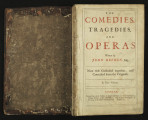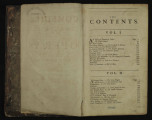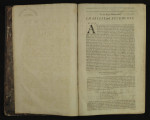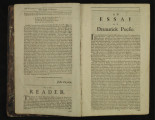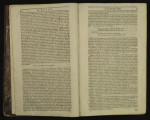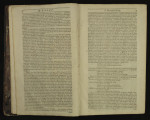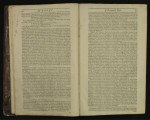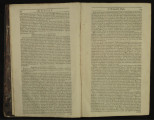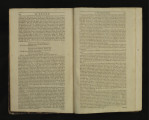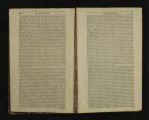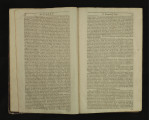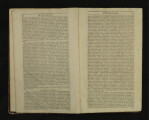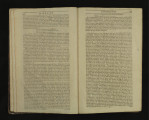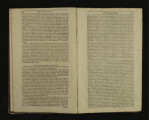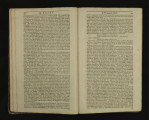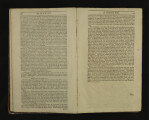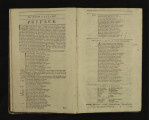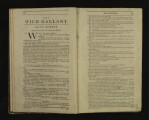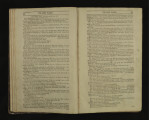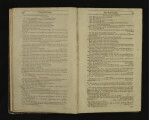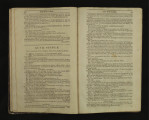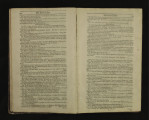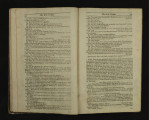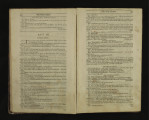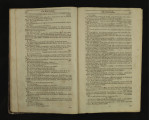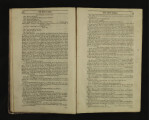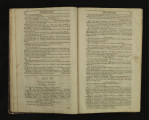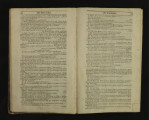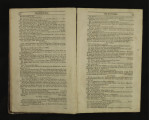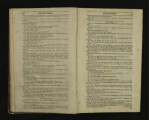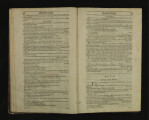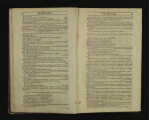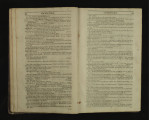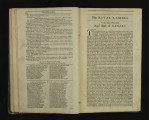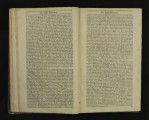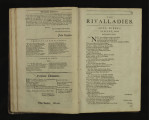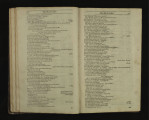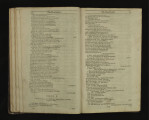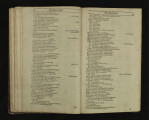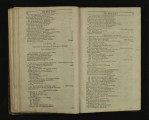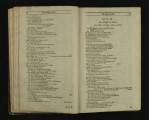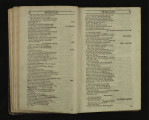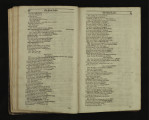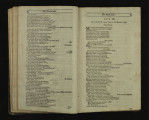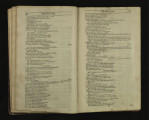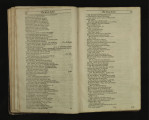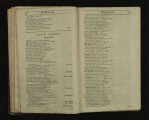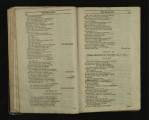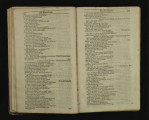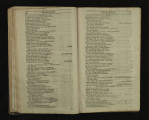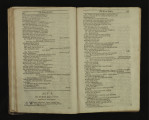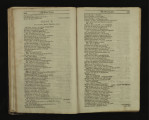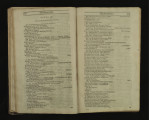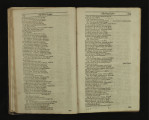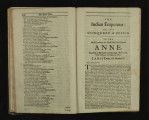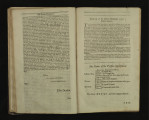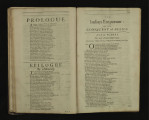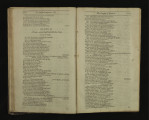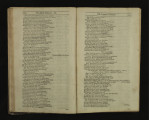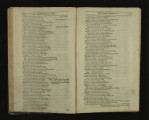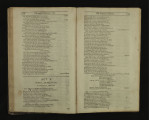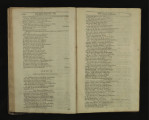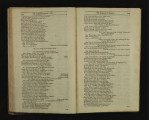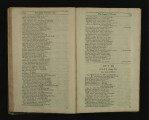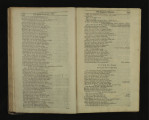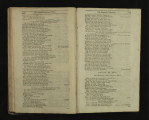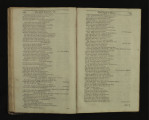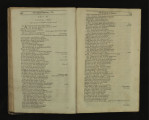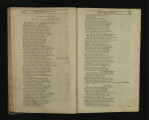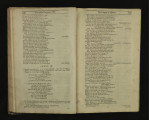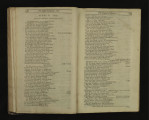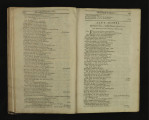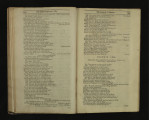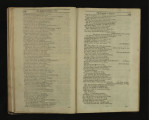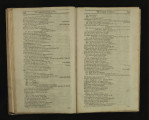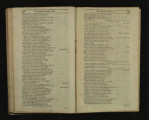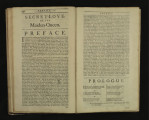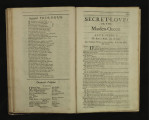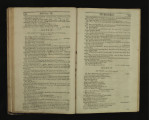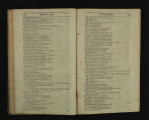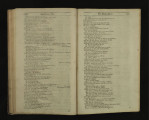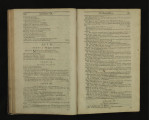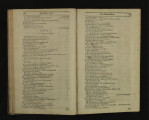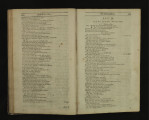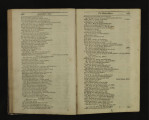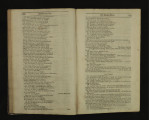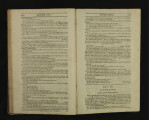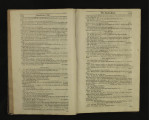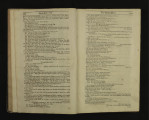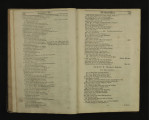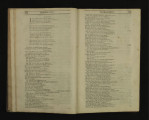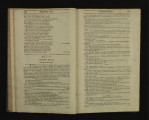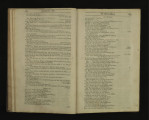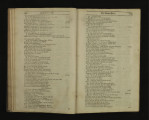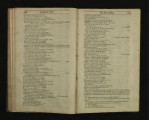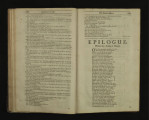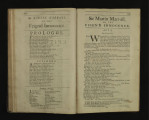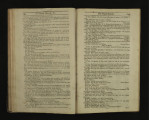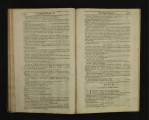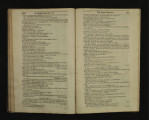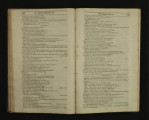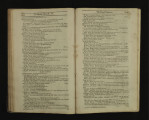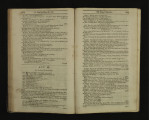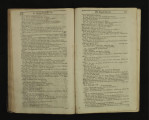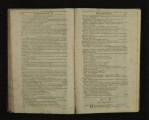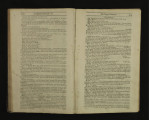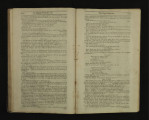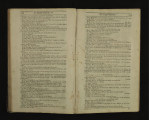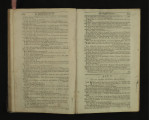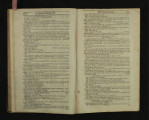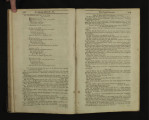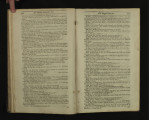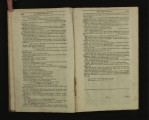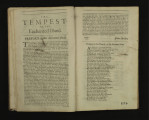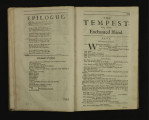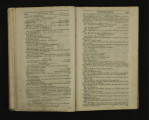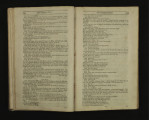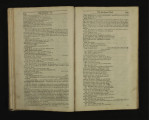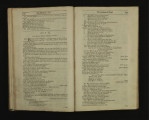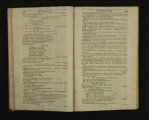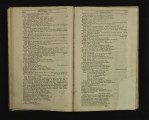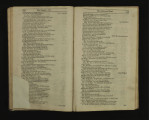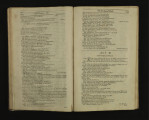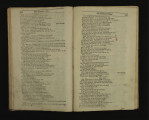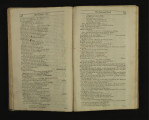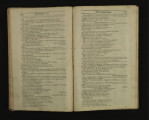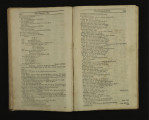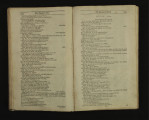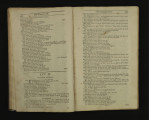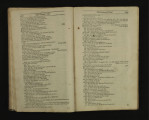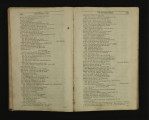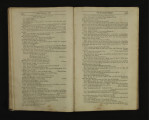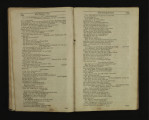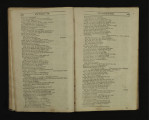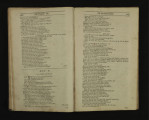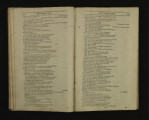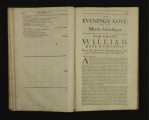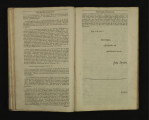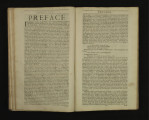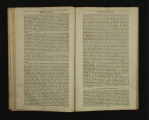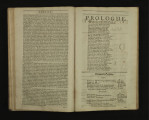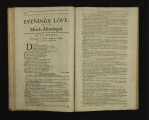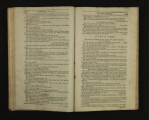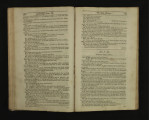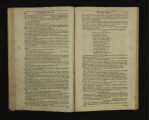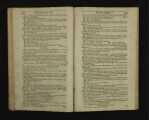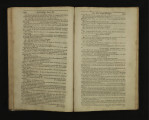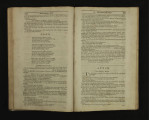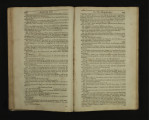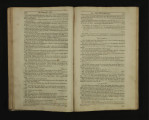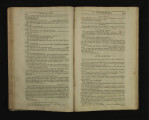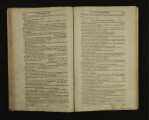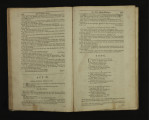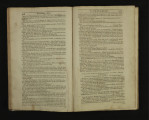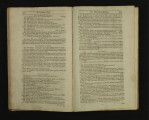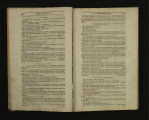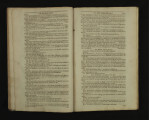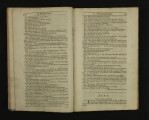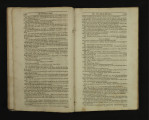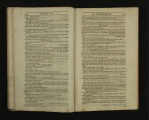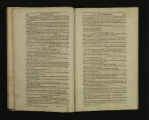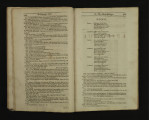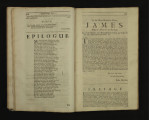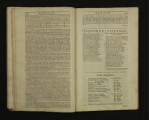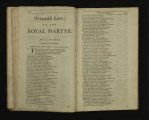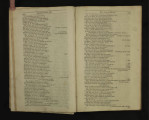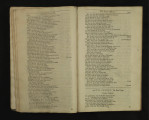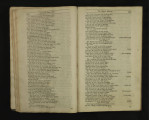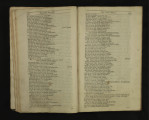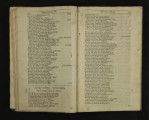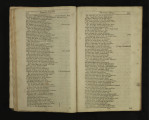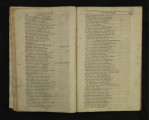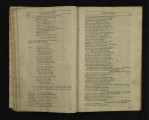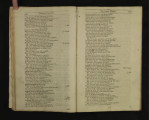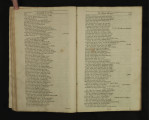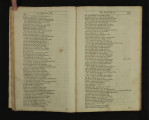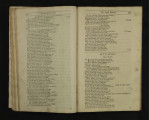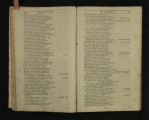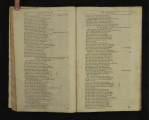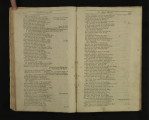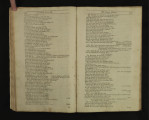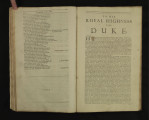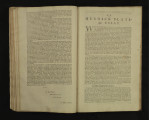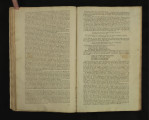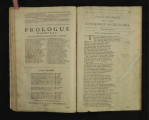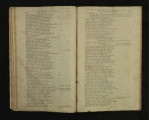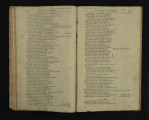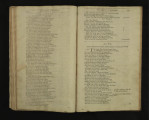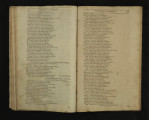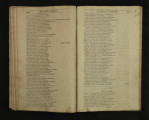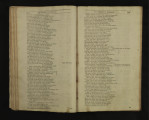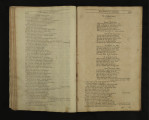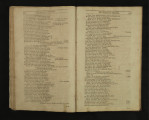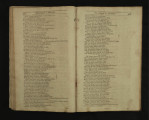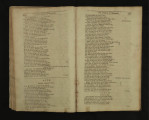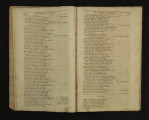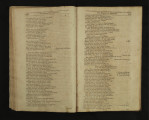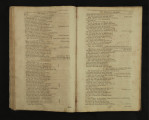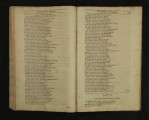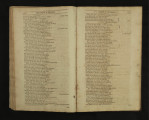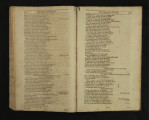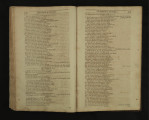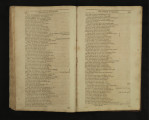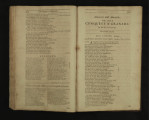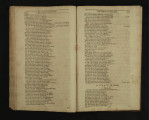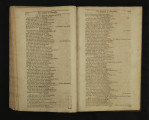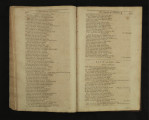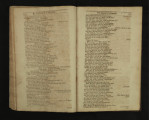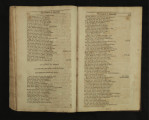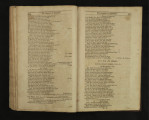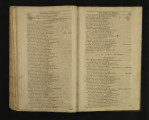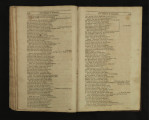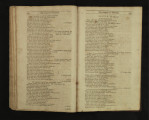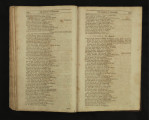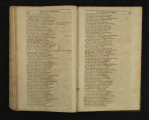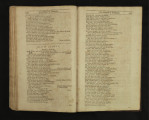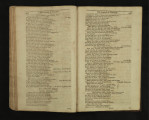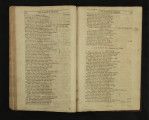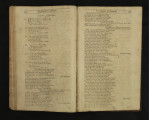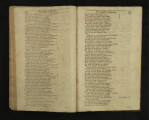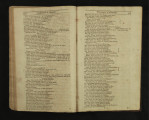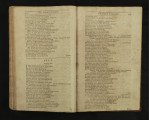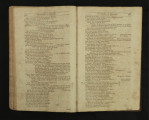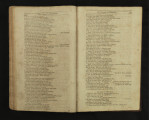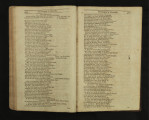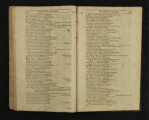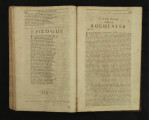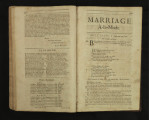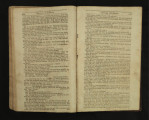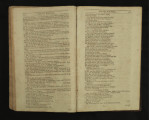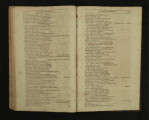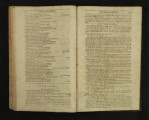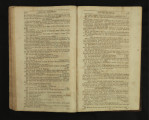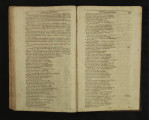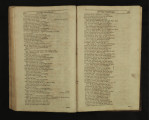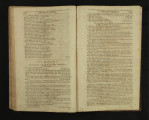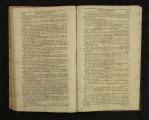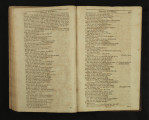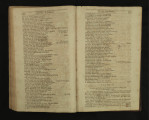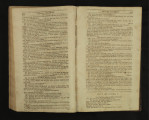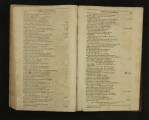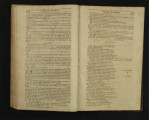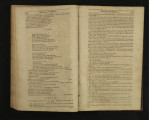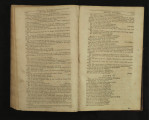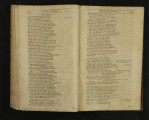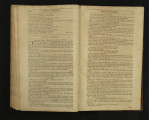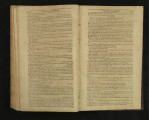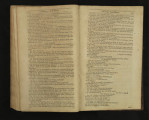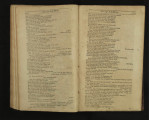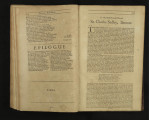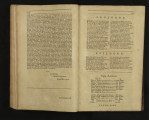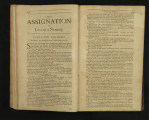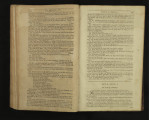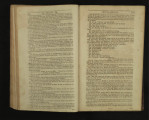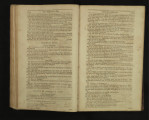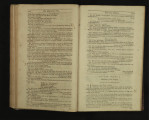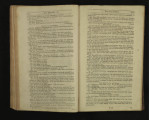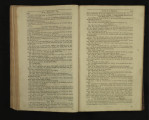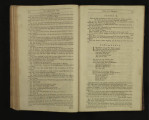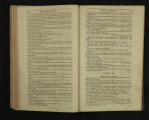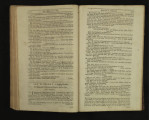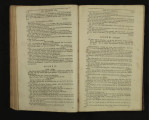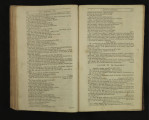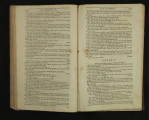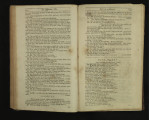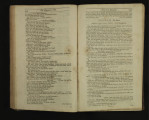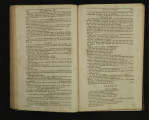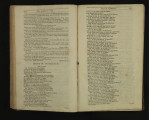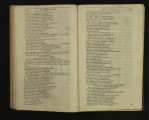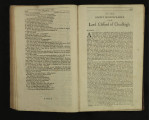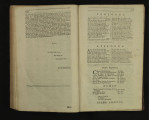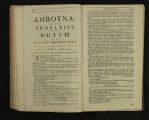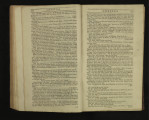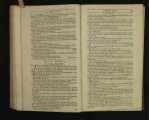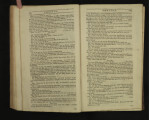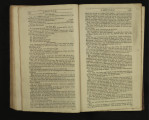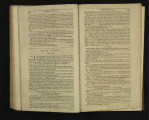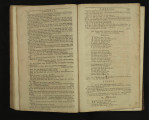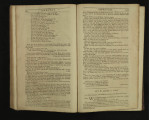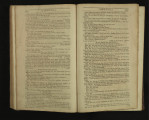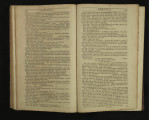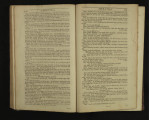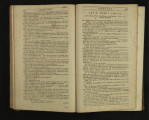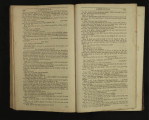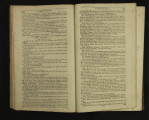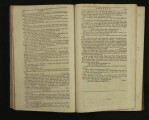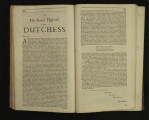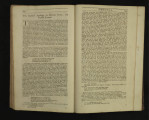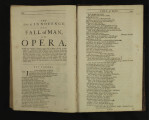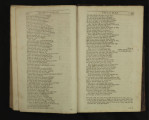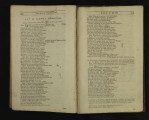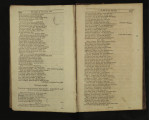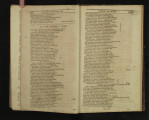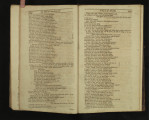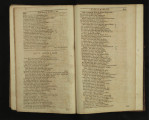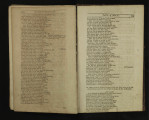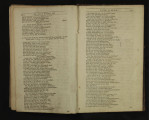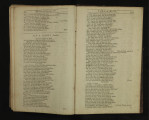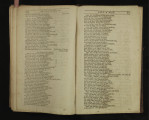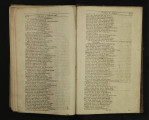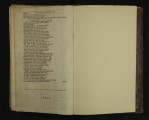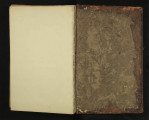| OCR Text |
Show .,. I •• • •« III ll • il^ TREFACF- ' * II SECRET-LOVE, OR, THE Maiden-Queen. P R E F A C E. IT has been rite ordinary vraSticc of the French Poets, to dedicate their Works of this nature to their King, efpecially w h e n they have had the leaft encouragement to it, by his approbation of them on the Stage. But I contefs I want the confidence to follow their Example, though perhaps I have as fpe- «k)us pretences to it for this Piece, as any they can boaft of: it having been.own'd in fo particular a manner by His Majefty, that he has grae'd it with the Title of His Play and thereby refcued it from the feventy fthat i m a y n o t fay Malice) of its Enemies. But, though a Character fo high and undeferv'd, has not rais'd m m e the prefumption to offer fuch a trifle tohis moft ferious view, yet I w ill o w n die vanity to fay, that after this glory which it has receiv'd from a Sovereign Prince I could not fend it to feek protection from any Subject. Be this Poem then Sacred to him without the tedious form of a Dedication , and widiout pre-fuming to interrupt thofe hours which he is daily giving to the peace and fettle-ment of his People. " r/ . n . . • • -, For what elfe concerns this Play, I would tell the Reader that it is regular, according to the ftricteft of Dramatick Laws, but that it is a commendation which manv of'our Poets n o w defpife, and a Beauty which our c o m m o n Audiences do not eafily difeern. Neither indeed do Rvalue m y felf upon it, becaufe with all that fymmetry of parts, it m a y want an air and fpirit (which confifts in the writing) to fet it off. 'Tis a queftion varioufly difputed, whether an Author may be allowed as a competent judge of his o w n Works. As to the Fabrick and contrivance of them certainly he may, for that is properly the employment ofthe judgment ; which, as a Matter-builder m a y determine, and that without deception, whether the work be according to the exactnefs ofthe Model; ftill granting him to have a perfect Idea of that Pattern by which he works: and that he keeps himfelf always conftant to the difcourfe of his judgment, without admitting Self-love, which is the falfe Surveyer of his Fancy, to 'intermeddle in it. Thefe Qualifications granted (being fueh as all found Poets are pre-fuppofed to have within them) I think all Writers, of what kind foever, m a y infallibly judge of the frame and contexture of their Works. But for the ornament of Writing, which is greater, more various and bizarre in Poefie than in any other kf$d , as it is properly the Child of Fancy; fo it can receive no meafure, or at leahV^ut a very imperfect one of its o w n excellencies or failures from the judgment. Self-love (which enters but rarely into the offices ofthe judgment) here predominates. And Fancy (if I m a y fo fpeak) judging of it felf, can be no more certain or de-monftrative of its o w n effects, than two crooked lines can be the adequate meafure of each other. What I have faid on this fubject, may, perhaps, g^ve m e fome credit with m y Readers, in m y opinion of this Play, which I have ever valued above the reft of m y Follies of this kind: yet not thereby in the leaft dif-fenting from their judgment, w h o have concluded the writing of this to be much inferior to m y Indian Emperour. But the Argument of that was much more noble,. not having the allay of Comedy to deprefs it: yet if this be mo^e perfect, either in its kind, or in the general notion of a Play , 'tis as much as I defire to have granted for the vindication of m y Opinion, and, what as nearly touches me, the Sentence of a Royal Judge. Many have imagin'd the Character of Philocles to be faulty ; fome for not difeovering the Queens Love, others for his joining in her reftraint. But though I a m not of their number, w h o obftinately defend what they have once faid , I may with modefty take up thofe anfwers which have been PREFACE. been made for m e by m y Friends; namely , that Philocles, who was but a Gentleman of ordinary birth, had no reafon to guefs fo foon at the Queens Paffion, file being a Perfon fo much above him, and by thefuffrages of all her People, already deftin'd to Lyjtmantes : Befides, that he was prepoffelfed, fas the Queen fomewhere hints it to him) with another inclination which rendred him lefs clear-fighted in it, fince no^lan, at the fame time , can diftinaiy view two different objects. And if this, with any fhew of reafon, may be defended I leave m y Matters the Criticks to determine, whether it be not much more conducing to the Beauty of m y Plot, that Philocles fhould be long ignorant ofthe Qu^en? Love, than that with one leap he fhould have entred into the knowledge of it, and thereby freed himfelf, to the difguit of the Audience, from that pleafing Labyrinth of errors which was prepar'd for him. As for that 01 on of his joining in the Queens Imprifonment, it is indifputably that whicl Man, if he examines himfelf, would have done on the like ;. If they anfwer that it takes from the height of his Character to do it. quire of m y over-wife Cenfors, w h o told them I intended him a p- r, or indeed what neceffity was there he fhould be fo, the variety of Images, being one great beauty of a Play? It was as much as I defign'd, to'fhow one great and abfolute pattern of honour in m y Poem, which I did in. the Perion of the Queen : All the defects of the other parts being fet to fhow , the more to recommend that one Character of Vertue to the Audience. But neither was the fault of Philocles fo great, if the circumftances be confider'd, which, as moral Philofophy affures us, make the effential differences of good and bad ;, H e himfelf beft explaining his o w n intentions in his laft Act, which.A\ as the reftauration' of his Queen ; and even befoi e that, in the honefty of his expreffions, when he was unavoidably led by the impulfion of his love to do it. That which with more reafon wras objected as an indecorum, is the management of the laft Scene of the Play, where Celadon and and Florimel ate treating too lightly of their Marriage in the pretence ofthe Queen, w h o like wife feems to ftand idle, while the groat action of the Drama is ftill depending. This I cannot otherwife defend, than by telling you I fo defign'd it on purpofe to make m y Play go off more fmartly; that Scene,being in the opinion of the beft judges, the moft diverting of the whole Comedy. But though the Artifice fucceeded, I a m willing to acknowledge it as a fault, fince it pleas'd His Majefty, the beft Judge, to think it fo. I have only to add, that the Play is founded on a ftory in the Cyrus, which he calls the Queen of Corinth; in whofe Character, as it has been affirm'd to m e , he reprcfents that of Famous Chriflina Queen of Sweden. This is what I thought convenient to write by w a y of Preface, to the Maiden-Queen ; in the reading of which, I fear you will not meet with that fatisfaclion which you have had in feeing it on the Stage ; the chief parts of it, both ferious and comick, being performed to that height of Excellence, that nothing but a command, which I could not hand-fomely difobey, could have given m e the courage to have made it publick. PROLOGUE-H E who Writ this, not without Paint and Thought, From French, and Englifh Theatres has brought, 7F exaSeft Rules, by which t Flay is wrought. II. The Unities of ABion, Place, and Time; The Scenes unbroken ; and a mingled Chime Of Johnfon'* Humour, with Corneille'i Rime. in. But while dead Colours he with care did lay, H e fears his Wit, or Plot he did not weigh, Which are the living Beauties of a Play. IV. Plays are Hie Towns, which how,e'er Fcrtif'i By Engineers, have ftill fome TTV.II-By the o't> fee* Defendants unefpyJ. V. And with that Art you make approach t now ; Such SUlful Fury hi Adults you fhow, That every Poet without fhame nujhw. VI. Ours therefore humbly woti'i dtteniyour Doom, If Soldier tike, be may have terms to come With filrying Colouwr s , and mil: beat of Drum, The Prologue goes out, and ftays while a Tune is play'd, after which he returns again. S Second |


